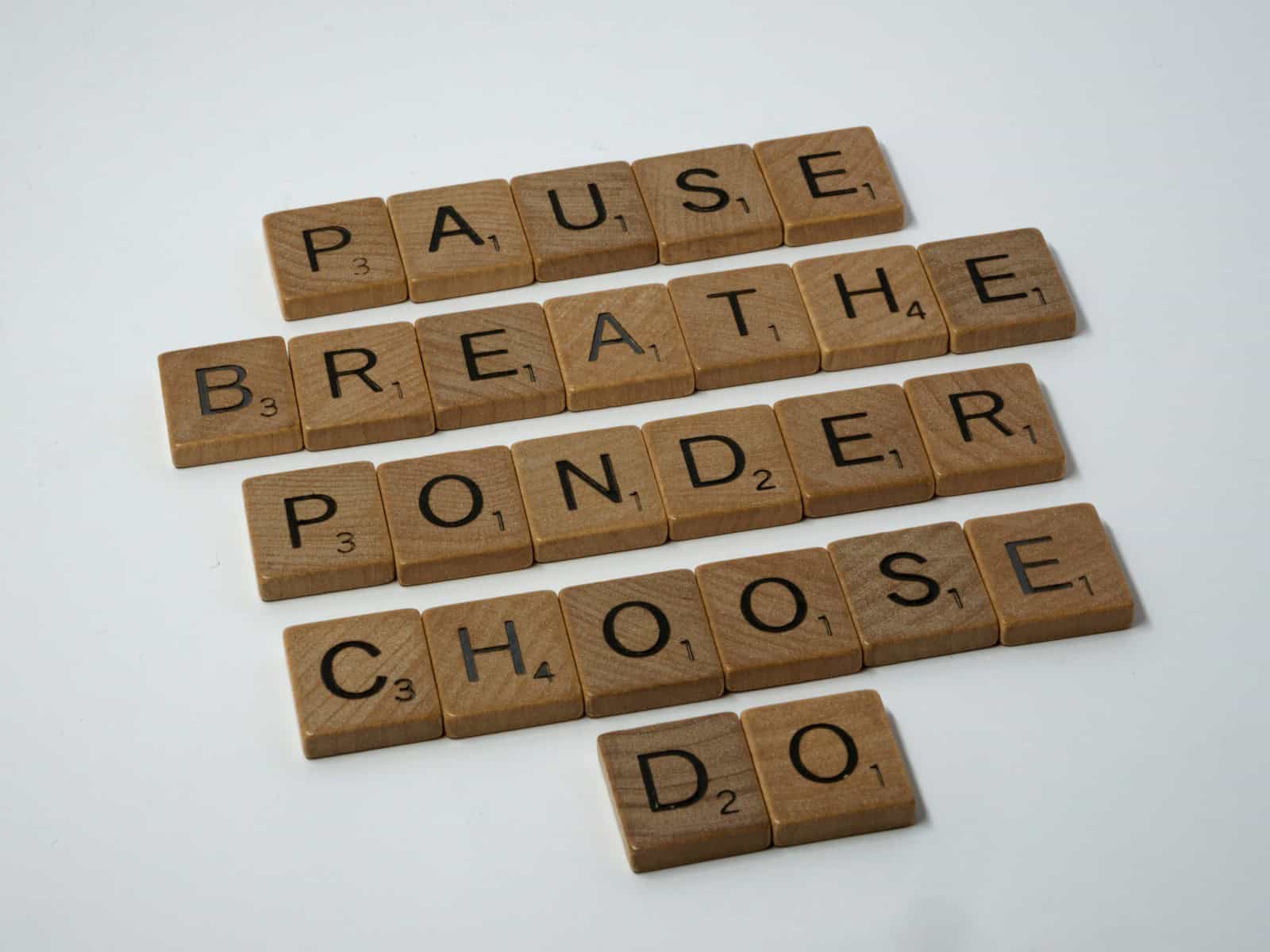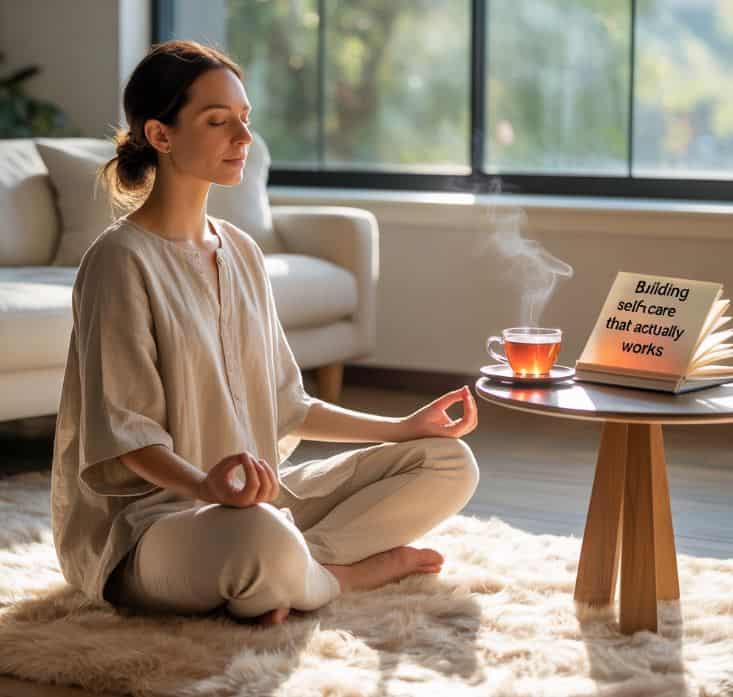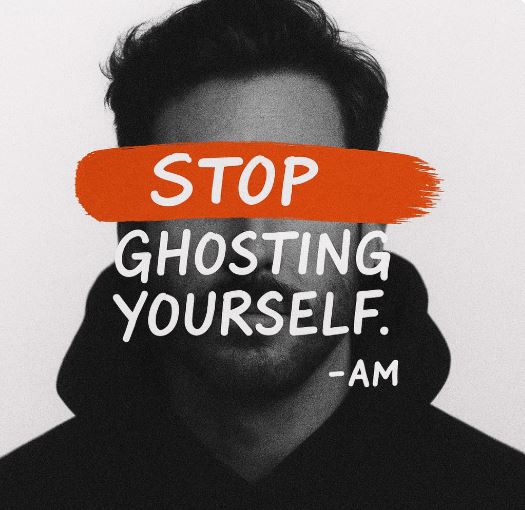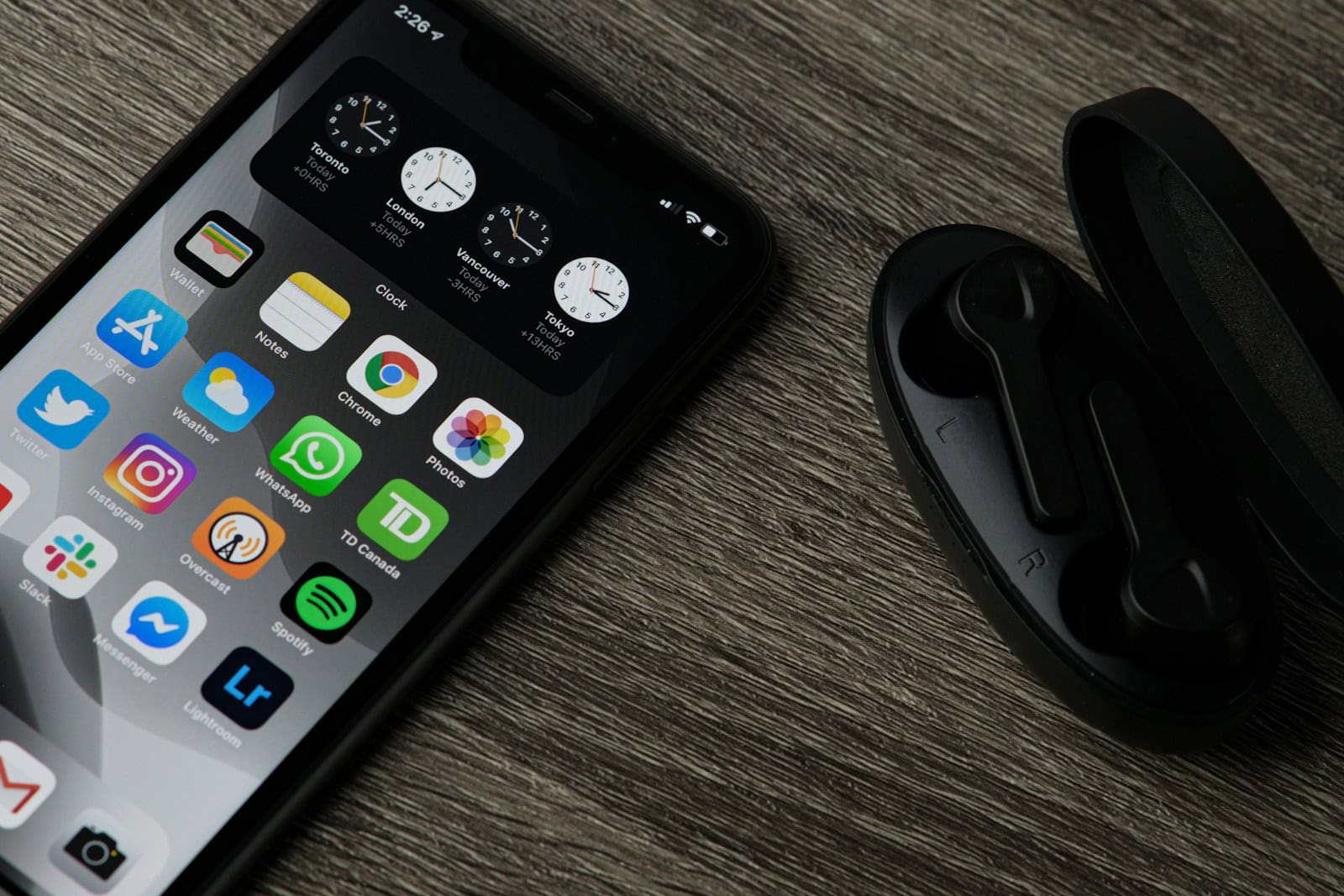Self-Care or Self-Sabotage? When Me Time Becomes Avoidance
 If on Sunday, you spent six hours in bed watching Netflix, is that self-care or me time? But what about the dishes sitting in the sink or the work project deadline creeping closer or the texts from friends you keep ignoring?
If on Sunday, you spent six hours in bed watching Netflix, is that self-care or me time? But what about the dishes sitting in the sink or the work project deadline creeping closer or the texts from friends you keep ignoring?
But then that familiar cocktail of guilt and anxiety hit hard. The weird emptiness that comes from hiding from everything important. Sound familiar?
You’re not alone if your bubble baths stretch into three-hour escape sessions. Or if your mental health day somehow became a week of dodging everything that actually matters. There’s a thin line between self-care and self-sabotage.
The tricky part? Both look almost identical from the outside, both involve doing things that feel good right now, and both mean saying no to other people’s demands. But one actually helps you function better and the other just delays the inevitable crash.
When Self-Care Becomes Your Hiding Place
 Real self-care helps you show up better for your life. It recharges you so you can handle responsibilities, relationships, and challenges more effectively. But somewhere along the way, many of us started using self-care as a way to avoid dealing with things altogether.
Real self-care helps you show up better for your life. It recharges you so you can handle responsibilities, relationships, and challenges more effectively. But somewhere along the way, many of us started using self-care as a way to avoid dealing with things altogether.
You’ve probably noticed this pattern, when life gets overwhelming, you retreat into activities that feel nurturing but actually keep you stuck. You call it self-care, but it’s really self-sabotage wearing a wellness mask.
The difference isn’t always obvious. Taking a relaxing bath after a hard day is genuine self-care. But taking a three-hour bath to avoid having a difficult conversation with your partner is avoidance with extra bubbles.
Research from the American Psychological Association shows that avoidance coping actually increases anxiety and depression over time. Your brain might feel temporarily relieved, but the underlying problems don’t disappear just because you’re not looking at them.
The Sneaky Signs Your Self-Care Is Actually Avoidance
Here’s what you need to watch for. Avoidance-based self-care has a different feeling than genuine self-care. It’s subtle, but once you know what to look for, it becomes pretty obvious.
You feel worse after your self-care sessions, but real self-care should leave you feeling more capable, not more anxious. If your me time consistently ends with that sick feeling in your stomach about everything you’re not dealing with, that’s a red flag.
Your self-care activities are getting longer and more frequent. What used to be a 30-minute evening routine has become hours-long escape sessions. You’re not recharging anymore, you actually hiding, and you need more time to hide from the growing pile of avoided responsibilities.
You get defensive when people question your self-care habits. When someone suggests you might be overdoing it, you get angry or explain why you deserve this time. The defensiveness usually means you already know something’s off.
The Guilt-Anxiety Cycle That Keeps You Stuck
Here’s the really messed up part. When you use self-care to avoid things, you end up feeling guilty about the very activities that are supposed to help you feel better. Then you feel bad about feeling guilty, because isn’t self-care supposed to be good for you?
This creates a weird cycle where you’re anxious about the things you’re avoiding, guilty about avoiding them, and then defensive about your right to avoid them. It’s the opposite of what self-care is supposed to accomplish.
What Real Self-Care Actually Looks Like
 Genuine self-care isn’t always comfortable. Sometimes it means doing things that feel hard in the moment but help you function better long-term. It’s not about feeling good all the time, it’s about taking care of yourself in ways that actually work.
Genuine self-care isn’t always comfortable. Sometimes it means doing things that feel hard in the moment but help you function better long-term. It’s not about feeling good all the time, it’s about taking care of yourself in ways that actually work.
Real self-care might mean going to bed early even when you want to stay up scrolling. It might mean having that difficult conversation because avoiding it is making you more stressed. It might mean saying no to plans because you genuinely need rest, not because you’re hiding from your life.
The key difference is intention. Are you doing this activity to help yourself show up better? Or are you doing it to avoid showing up at all? The same activity can be either, depending on the context and your motivation.
Ask yourself this question: “Will this help me deal with my life more effectively, or am I using this to avoid dealing with my life?” It’s not always easy to answer honestly, but it’s usually pretty clear once you sit with the question.
To better understand when self-care crosses into self-sabotage, explore this article from Psychology Today: When Self-Care Becomes Self-Sabotage.
The Avoidance Activities That Masquerade as Self-Care
 Some activities are more prone to becoming avoidance tools than others. This doesn’t mean they’re bad, it just means they’re easy to overuse when you’re trying to escape reality.
Some activities are more prone to becoming avoidance tools than others. This doesn’t mean they’re bad, it just means they’re easy to overuse when you’re trying to escape reality.
- Endless scrolling through social media, especially wellness content. You tell yourself you’re learning about self-care, but really you’re numbing out. Three hours of reading about mindfulness isn’t the same as actually practicing it for ten minutes.
- Binge-watching shows or movies. Sometimes you genuinely need to zone out and decompress, but when your relaxation consistently involves watching an entire season in one sitting, you’re probably avoiding something.
- Excessive exercise or health routines. This one’s tricky because exercise is genuinely good for you. But if you’re spending three hours at the gym to avoid dealing with your problems, or if you’re using health as an excuse to control everything except the things that actually need your attention, it’s become avoidance.
The Productivity Paradox
Here’s something weird you might have noticed. Sometimes what looks like productivity is actually avoidance. Reorganizing your entire closet instead of working on your presentation. Deep-cleaning the house instead of making that phone call. Researching the perfect morning routine instead of just starting with ten minutes of movement.
These activities aren’t bad, but when they consistently happen instead of dealing with important but uncomfortable tasks, they’re functioning as avoidance, not self-care.
How to Tell the Difference in Real Time
Learning to distinguish between self-care and self-sabotage takes practice, but there are some questions that can help you figure it out in the moment.
- Before starting any self-care activity, ask yourself: “What am I avoiding right now?” If there’s something specific you’re putting off, and this activity will make avoiding it easier, proceed with caution.
- Check in with your body. Genuine self-care usually comes with a sense of relief and renewed energy. Avoidance-based activities often come with underlying tension, even when they feel good on the surface.
- Think about timing. Are you reaching for this activity at moments when you’re supposed to be doing something else? Or are you choosing it because you genuinely need what it offers?
- Consider the aftermath. How do you typically feel after this activity? Refreshed and more capable, or guilty and more anxious about everything you’re not dealing with?
Building Self-Care That Actually Works
 Real self-care isn’t about doing whatever feels good in the moment, it’s about taking care of yourself in ways that help you function better and feel more capable of handling your life.
Real self-care isn’t about doing whatever feels good in the moment, it’s about taking care of yourself in ways that help you function better and feel more capable of handling your life.
Start small and be specific. Instead of “I need more self-care,” try “I need 20 minutes of quiet time after work to decompress before I tackle my evening responsibilities.” This helps you use self-care as a tool rather than an escape.
Include things that feel hard but are good for you. Real self-care might mean having that difficult conversation, setting a boundary with a demanding friend, or finally making that doctor’s appointment you’ve been putting off.
Balance soothing activities with empowering ones. Yes, bubble baths and Netflix have their place, but also include activities that make you feel more capable: learning something new, organizing one small area of your life, or doing something that moves you toward your goals.
Healthier alternative: Create a “real self-care” list that includes both comforting and empowering activities. When you’re tempted to escape, choose something from this list instead. It might be a 10-minute walk, calling a friend who makes you laugh, or spending 15 minutes on a project you care about.
When You Catch Yourself Avoiding
If you realize you’ve been using self-care to avoid things, don’t beat yourself up. Avoidance is a normal human response to stress. It’s actually clever of your brain to disguise it as something healthy.
The first step is just noticing without judgment. “Oh, I’m using this bath to avoid my work project.” That’s it. You don’t have to immediately spring into action or feel terrible about it.
Then ask yourself what you actually need. Are you genuinely exhausted and need rest? Are you overwhelmed and need to break a big task into smaller pieces? Are you scared and need some encouragement or support?
Sometimes the answer is that you do need a break, but a different kind of break than you were planning. Maybe instead of a three-hour Netflix session, you need a 20-minute walk followed by tackling one small part of whatever you’re avoiding.
The Long-Term Benefits of Honest Self-Care
When you start using self-care as a tool for showing up better rather than hiding from your life, everything changes. You feel more capable because you’re actually dealing with things instead of just managing your anxiety about them.
Your relationships improve because you’re not constantly stressed about the things you’re avoiding. Your work gets better because you’re not burned out from the mental energy it takes to keep avoiding important tasks.
Most importantly, you start trusting yourself more. When you know you can rely on yourself to handle difficult things, you don’t need to spend so much energy avoiding them.
Conclusion
The line between self-care and self-sabotage isn’t always clear, but the key is paying attention to how your activities affect your ability to show up for your life. Real self-care helps you function better, not function less.
It’s okay if you’ve been using self-care to avoid things. Most of us have. The important thing is recognizing when it’s happening and gently redirecting yourself toward activities that actually help you deal with your life more effectively.
Start with one small change this week. The next time you reach for your usual escape activity, pause and ask what you actually need. You might be surprised by how much better you feel when your self-care actually takes care of you.
Recommended
Breaking Free from Toxic Traits: Tools That Work (Part 3)






